Earth
-
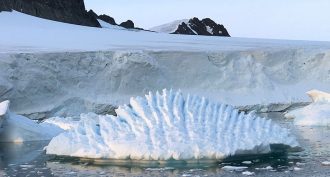 Climate
ClimateAntarctica’s melting speeds up
Antarctica’s ice has been melting faster in the last five years. This has raised the world’s oceans almost 8 millimeters on average.
-
 Chemistry
Chemistry‘Thirdhand’ smoke can hitchhike to non-smoking sites
Harmful “thirdhand” smoke — the type that attaches to surfaces — can hitch a ride on airborne particles or clothes and travel into non-smoking buildings.
-
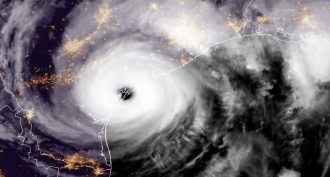 Climate
ClimateTropical cyclones are getting more sluggish
Hurricanes and other storms are traveling more slowly than they used to. That might mean even more rainfall for communities they batter.
-
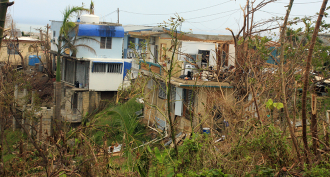 Climate
ClimateHurricane Maria’s Puerto Rican death toll skyrockets 72-fold
The death toll had been just 64 — and then scientists launched household surveys. Those showed the “official” toll was off by more than 4,500.
-
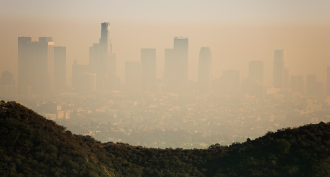 Environment
EnvironmentAnalyze This: Beauty products are big sources of urban air pollution
In cities, a larger share of urban air pollution comes from the use of bath products, cleansers and more than does the burning of fossil fuels.
-
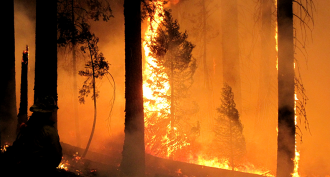 Ecosystems
EcosystemsSurprise! Fire can help some forests keep more of their water
In California’s Sierra Nevada mountains, a century of fire suppression has led to forests with too many trees. But areas thinned by fire now show one benefit: more water.
-
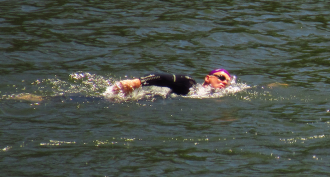 Environment
EnvironmentScientist tackles water pollution with epic swims
German chemist Andreas Fath swam the entire Tennessee River — in record time. The reason was not to win a place in the Guinness Book of Records. He wanted to raise awareness about water pollution.
-
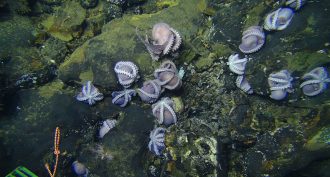 Animals
AnimalsDeep-sea expedition led researchers to doomed octopus nursery
The ill-fated octopods may be a sign that a healthy population is hiding nearby.
-
 Earth
EarthScientists Say: Stratigraphy
Stratigraphy is a branch of geology that looks at how rock layers are organized to understand how the world has changed over time.
-
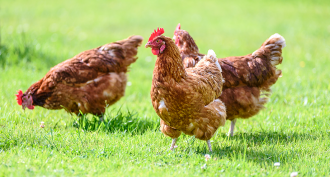 Agriculture
AgricultureBarnyard science: Check out this fowl research
New research shows how to store eggs, insulate homes with chicken feathers and slow fires with shells.
-
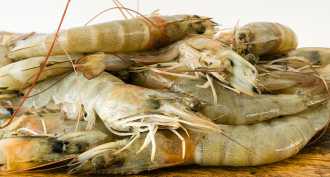 Chemistry
ChemistryBioplastics could put some shrimp in your Barbie
Teen researchers are looking to natural materials like shrimp shells and banana peels to make plastics ecofriendly and biodegradable.
By Sid Perkins -
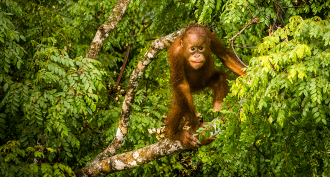 Environment
Environment‘Boot camp’ teaches rare animals how to go wild
Animals raised in captivity cannot safely re-enter the wilds without first understanding how to find food and avoid becoming a predator’s lunch. Scientists are helping some species learn this.